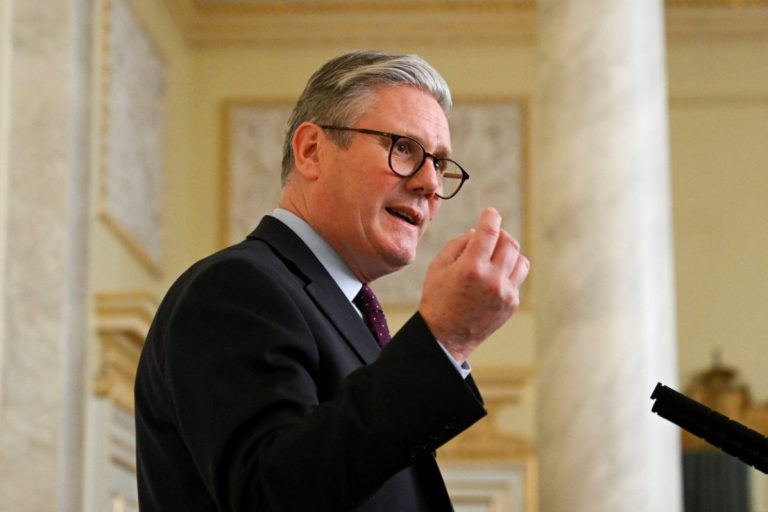
Thinking in the Age of AI
As we march forward into an era characterized by rapid technological advances, philosophical inquiry becomes more crucial than ever. Though we are surrounded by the latest innovations in machine learning, gene editing, and quantum computing, the fundamental questions that arise remain deeply philosophical. The awe and fascination these technologies generate are not enough; we must also consider the ethical, logical, and moral implications they carry.
Despite the importance of philosophy, the discipline faces a decline in academic interest, with fewer departments and courses available, especially at university level. The University of Kent’s recent decision to close its philosophy department is a stark reminder of the challenges this ancient discipline faces in the modern education system.
The Essential Role of Philosophy
Many of today’s pivotal questions—whether regarding privacy, surveillance, or even the ethical considerations of AI—transcend simple technical solutions. These questions demand a return to the age-old methods of logic and critical thinking. They are not purely matters of coding or science but touch upon deeper considerations of morality and responsibility.
Consider the growing importance of AI in our daily lives. While engineers and computer scientists work hard to push the boundaries of what’s possible, they often miss the conceptual underpinnings that answer the « should we » as opposed to « can we. » For instance, giving an AI system the ability to make decisions demands clarity on ethical frameworks and responsibility. When mistakes occur, who is to blame? The engineer, the designer, or the machine itself? These are philosophical questions that technology alone cannot answer.
Philosophical Influence on Technology and Society
The influence of philosophy extends to science and technology in ways that are often overlooked. Historical figures like John Locke have shaped political thought, influencing documents such as the US Declaration of Independence. In a similar vein, philosophers like Bertrand Russell and Alan Turing have made substantial contributions to logic, forming the bedrock of computer science.
In the realm of AI, philosophical thought challenges the very nature of consciousness and sentience. As developers create increasingly sophisticated AI, questions about the moral status of machines grow ever more pressing. Can a machine possess self-awareness? Should it be treated as an autonomous being? Philosophy prompts us to examine these issues critically, resisting the allure of blindly accepting technological progress.
Integrating Philosophy into Modern Discourses
Despite its marginalization in many academic settings, philosophy is finding new arenas in which to assert its relevance. Recent initiatives like the “Philosophy Matters” campaign highlight philosophy’s practical applications, reaching beyond academia into schools, policy-making, and even within the prison system. These initiatives aim to demonstrate that philosophy is not merely an abstract exercise but a tool for better reasoning and understanding complex issues.
Furthermore, the integration of philosophical dialogue into scientific research is gaining traction. Biologists, for example, employ philosophy to help resolve complex conceptual issues within their fields. Questions like « What constitutes a trait? » or « How do we define consciousness? » demand precise philosophical engagement to guide empirical research forward.
The Need for Philosophical Engagement
In our information-saturated world, where data can often overwhelm and confuse, philosophy serves as a critical tool for analysis and clarity. As misinformation spreads and biases become entrenched, applying philosophical reasoning helps cut through the noise and evaluate ideas on their merit alone.
As philosopher Bertrand Russell once mused, philosophy’s role is less about providing definitive answers and more about buoying our minds to think clearly and critically about the issues at hand. In embodying this role, philosophy empowers individuals to confront the ethical challenges of our time with courage and rigor.



